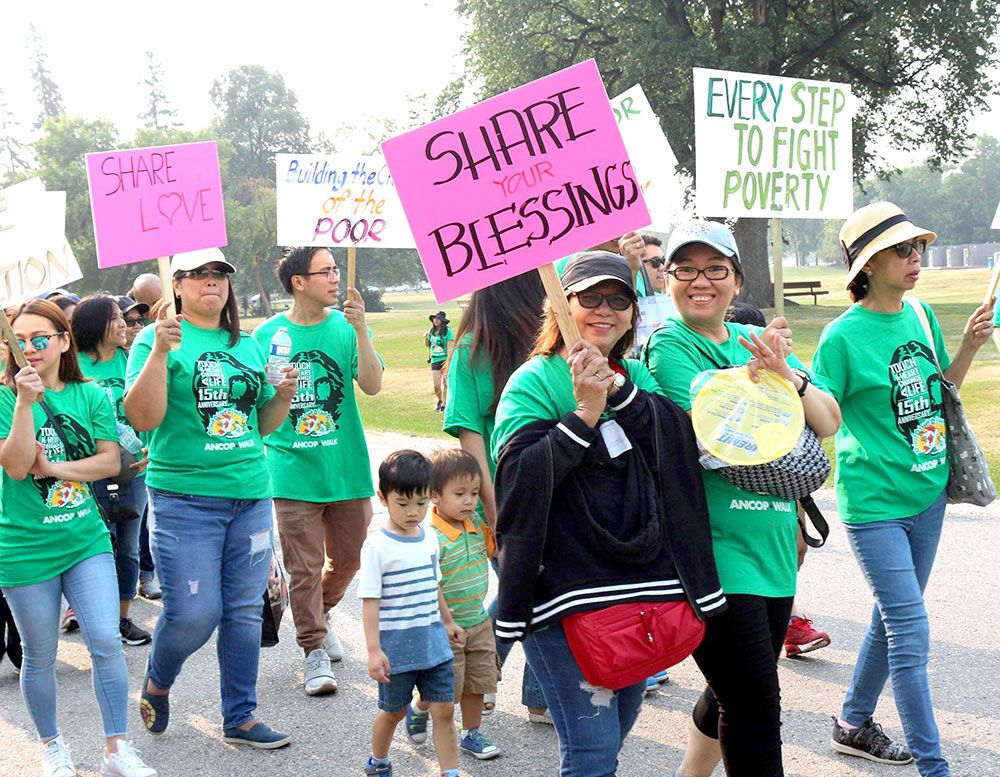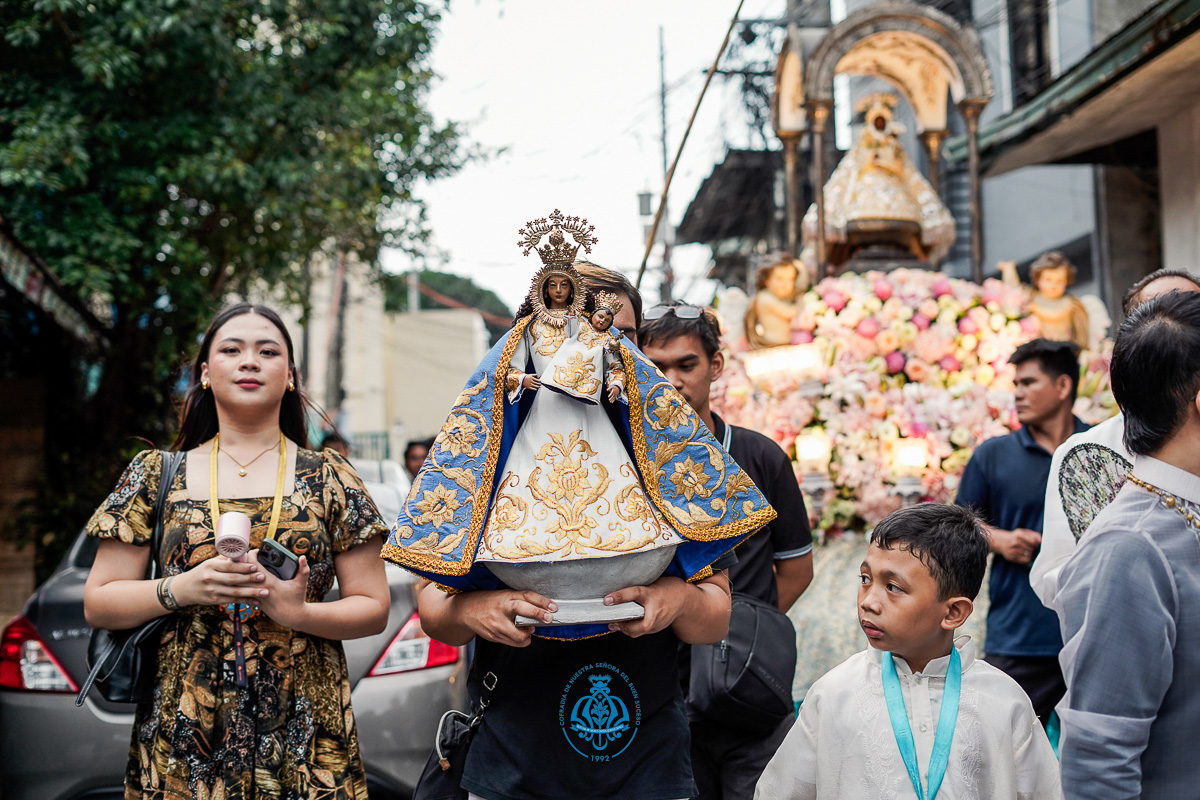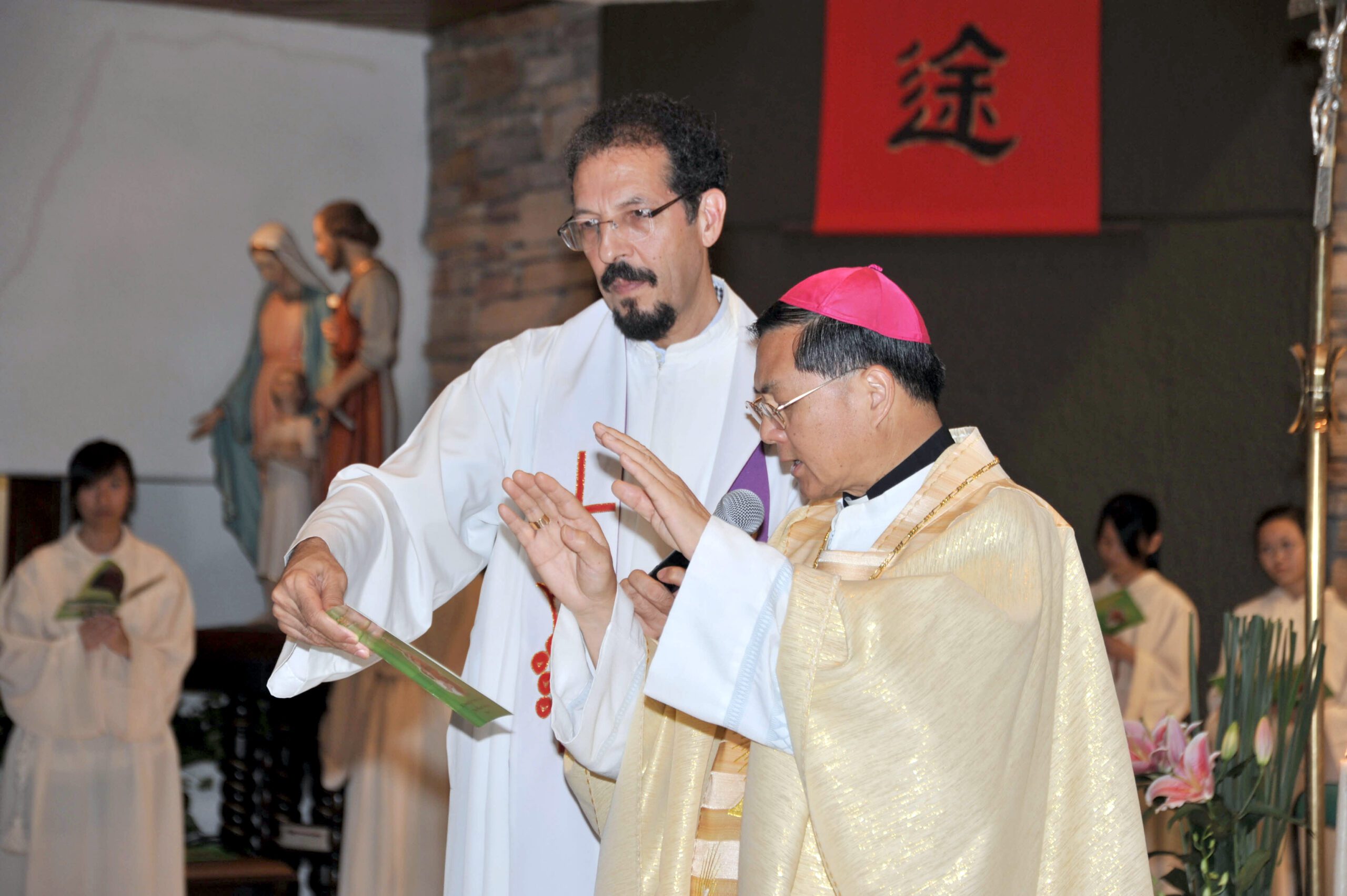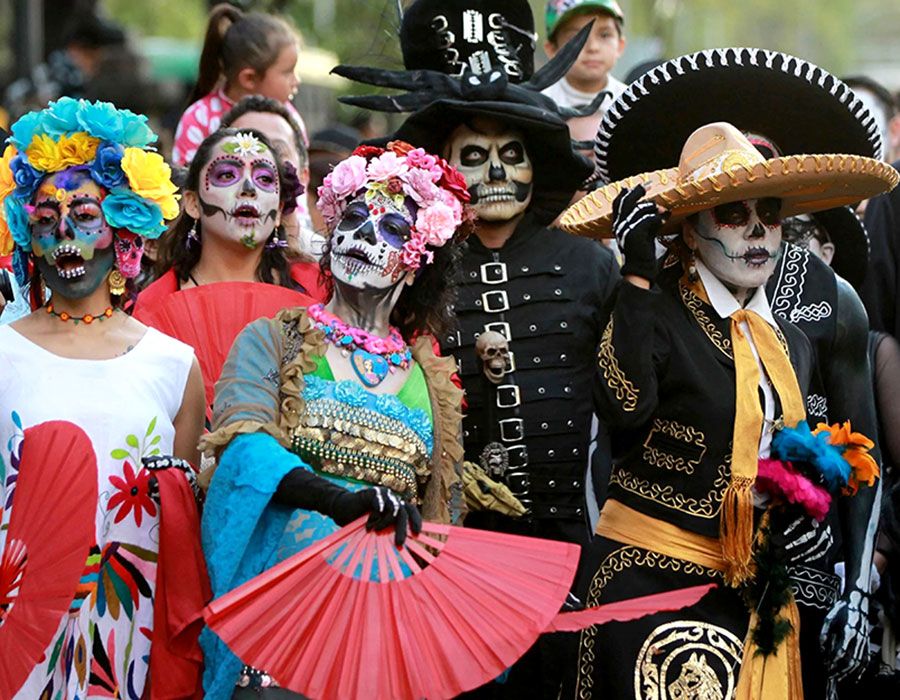The Pope asserts that GE is meant to be very practical; it is not intended to be a total synthesis of holiness or spirituality today. “My modest goal is to re-propose the call to holiness in a practical way for our own time” (#2). The Lord “wants us to be saints and not to settle for a bland and mediocre existence” (#1).
Undoubtedly, there are many forms of holiness. “We are all called to be witnesses, but there are many actual ways of bearing witness” (#11). Francis praises what he calls “the middle class of holiness” (#7); this includes ordinary people such as parents, workers, the sick and elderly. Holiness is often found “in our next-door neighbors” (#7). A simple norm is: “Each in his or her own way” (#11). “For God’s life is communicated to some in one way and to others in another” (#11).
Francis quotes the challenging words of Leon Bloy: “The only great tragedy in life is not to become a saint” (#34). This modest article only explores three specific pathways on our pilgrimage into holiness: Holy Scripture, the Church, and the Saints.
Sacred Scripture
The Bible, including both Old and New Testaments, is replete with insights on holiness – too numerous to adequately capture in a short presentation. God instructed Israel: “Since I, the Lord, brought you up from the land of Egypt that I might be your God, you shall be holy, for I am holy” (Lev 11:45). “Be holy in all you do, since it is the Holy One who has called you, and Scripture says: ‘Be holy, for I am holy’” (1 Pet 1:15-16).
When the rich young man asked Jesus about what he should do to inherit eternal life (note he is sincerely seeking holiness), Jesus “looked steadily at him and loved him” and told him to keep the commandments, give his wealth to the poor, and “Come, follow me” (Mk 10:17-22). The request for honors by the mother of Zebedee’s sons (Mt 20:20-28) provokes a debate among the disciples; Jesus asserts that anyone who wants to be great (achieve genuine holiness) must be ready to serve, “just as the Son of Man came not to be served but to serve, and give his life as a ransom for many.”
Saint Luke offers many realistic challenges as one pursues holiness. “Be compassionate as your Father is compassionate. Do not judge, and you will not be judged; do not condemn, and you will not be condemned; grant pardon, and you will be pardoned. Give and there will be gifts for you” (Lk 7:36-38). In John’s Gospel, we read: “If I, then, your Lord and Master, have washed your feet, you should wash each other’s feet” (Jn 13:14). “This is my commandment: love one another as I have loved you. A man can have no greater love than to lay down his life for his friends” (Jn 15:12-13).
In Gaudete et Exsultate Pope Francis often uses Scripture to express his insights into holiness, inviting us to a close following of Jesus. In fact, the third chapter of GE bears the title “In the Light of the Master”; it centers on the example of Jesus, specifically on the Beatitudes (Mt 5:3-12) and the Last Judgment narrative (Mt 25:31-46).
Francis notes that “the Beatitudes are like a Christian’s identity card” (#63). He asserts that we must radically defend “the lives of the poor, those already born, the destitute, the abandoned and the underprivileged, the vulnerable infirm and elderly exposed to covert euthanasia, the victims of human trafficking, new forms of slavery, and every form of rejection” (#101). For Francis, mercy is central to authentic holiness; indeed, “mercy is the very foundation of the Church’s life” (#105).
Church, A Supportive Community
A second, pivotal pathway into holiness is our membership in the Church. For Francis in GE, “Growth in holiness is a journey in community, side by side with others…. Living or working alongside others is surely a path of spiritual growth” (#141). “Each community is called to create a ‘God-enlightened space in which to experience the hidden presence of the risen Lord.’ Sharing the Word and celebrating the Eucharist together fosters fraternity and makes us a holy and missionary community” (#142).
We need community to grow in holiness, “to withstand the temptations of the devil and to proclaim the Gospel” (#158). In and through the Church we have been given “powerful weapons” to assist us in our battle: “faith-filled prayer, meditation on the Word of God, the celebration of Mass, Eucharistic adoration, sacramental Reconciliation, works of charity, community life, missionary outreach” (#162).
We need the Church, her Magisterium, and our fellow Christians to be able to better recognize and follow God’s will. Communally, we need to discern “how we can better accomplish the mission” (#174). Finally, the Church gives us Mary as our mother and guide; “she lived the Beatitudes of Jesus as none other”; she is “the saint among the saints” (#176).
Communion of Saints
One of the beauties of Gaudete et Exsultate is its invitation for all to become saints – but to do it in their own ways. Each believer is to discern “his or her path” and to “bring out the very best of themselves, the most personal gifts that God has placed in their hearts” (#11). “This should excite and encourage us to give our all and to embrace that unique plan that God has willed for each of us from eternity” (#13). To achieve our personal and unique holiness, we can look to the saints.
Saints are models of what our lives can be. In addition, based on our belief in the “communion of saints,” we turn to them for their friendship; we seek their intercession as companions and patrons. We believe that they pray for us. We celebrate their lives and virtues. Borrowing a metaphor from Thérèse of Lisieux, we appreciate the saints like we enjoy the diverse beauties of a flower garden. Saint John XXIII reminds us that we take “the substance, not the accidents, of their virtues”; this means we become holy in our own unique way.
Each of us will certainly have our own favorites among the saints. The “Little Way” of Thérèse of Lisieux, the “Little Flower,” appeals to many. Accepting that “joy and a sense of humor” (#122-128) are signs of holiness, we are attracted to John XXIII, Thomas More, Philip Neri, and Francis de Sales; we agree with Teresa of Avila who prayed to God to “deliver us from sour-faced saints.”
The missionary zeal of Francis Xavier and Damien of Molokai inspires us. The family values of Louis and Zélie Martin (parents of Thérèse) encourage us. The commitment to justice and peace of Oscar Romero emboldens us. Youth find inspiration from Maria Goretti, Dominic Savio, and Pedro Calungsod. Indeed, “each in his or her own way” (#11).
Pilgrimage of Faith
Pope Francis’ call to authentic holiness is an invitation to a relationship with God. This is a life-long pilgrimage of faith; it means entering into “God’s love story.” It invites living into personal friendship with Jesus, who says to each of us: “I no longer call you servants … I call you my friends” (Jn 15:15). Francis reminds us of the demands of holiness, asserting that “God asks everything of us, yet He also gives everything to us” (#175)
James H. Kroeger has served mission in Asia (Philippines and Bangladesh) since 1970, working in parishes and serving mostly in the education-formation apostolate of seminarians, religious, catechists, and lay leaders. His most recent book is: Exploring the Priesthood with Pope Francis (Makati: St. Pauls). He may be contacted at: jhkroeger@gmail.com

